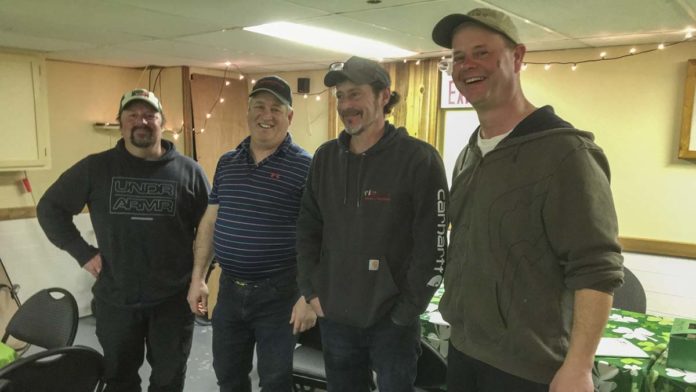PETERBOROUGH—The land has much to teach us, if we only take the time to look, listen and learn. Wiikwemkoong Indigenous knowledge keeper Joe Pitawanakwat has devoted his life to doing just that and he will be sharing some of the wisdom on what our feathered brethren have to tell us for Bird Friendly London as part of the Nature Canada Bird Friendly Cities program. Bird Friendly London is sponsored though funding from Nature London.
“I will be talking about birds,” deadpans Mr. Pitawanakwat from his home in Peterborough where he moved a few years ago with his wife Kristy.
Mr. Pitawanakwat has been studying Indigenous plants and medicines for most of his life and he notes that we can learn a lot from observing the behaviour of birds in the environment, things that can help us to live in better harmony with the planet.
The Indigenous knowledge keeper has amassed a significant number of audio-format lectures that can be accessed on his website.
“I recorded them in audio format because there were a lot of people who reached out to me that didn’t have good bandwidth, especially in the North,” said Mr. Pitawanakwat. “I have 90 hours in my catalogue, some of it in audio and video—some people call that a podcast I guess.”
During ‘An Evening with Joe Pitawanakwat’ he will be encouraging his viewers to “look at birds as teachers,” he said.
Anishinaabemowin taxonomy, that is the Indigenous language naming process, differs significantly from that of Western science, he notes. “In the Latin naming system, the most important thing is focussed on definitively identifying the species,” he said. “In Anishinaabemowin, we focus more on the relationship with other things. That includes characteristics like the western system, but also physical function like their calls.”
Each bird has its own responsibilities within their environment, he said, citing one of his favourite examples, the cry of the loon. “It helps with the mourning process,” he said. “It has a sorrowful call; it tells us that it is okay to cry.”
He pointed to the monogamous black-billed coocoo. “I have a video of it up on Facebook,” he said. “They mate for life but travel separately. The male arrives first in the spring and starts to call all day for its mate. If their mate does not appear for some reason, they will continue to call out for them all summer.”
By observing birds, you can even tell when it is going to rain. “You can tap into that,” he said. “Many birds have knowledge that we, as human beings, can observe and tap into if we pay attention.”
Mr. Pitawanakwat and his wife have a small business and their blog can be accessed online at creatorsgarden.blogspot.com. Those interested in helping to support their work can join their Patreon site.
“We have conducted extensive programming in over 100 Indigenous communities and over 150 different institutions throughout Canada and the US,” notes Mr. Pitawanakwat. “We focus on optimizing human health using mainly medicinal plants but also through various other traditional practices. If you want to achieve and live the life that this land has been designed to provide, we are the ones to take you there.”
Mr. Pitawanakwat can be reached at info@creatorsgarden.net and his podcast with Bird Friendly London can be joined at 5 pm on Friday, March 25 by registering at londonenvironment.net/an_evening_with_joe_pitawanakwat.




